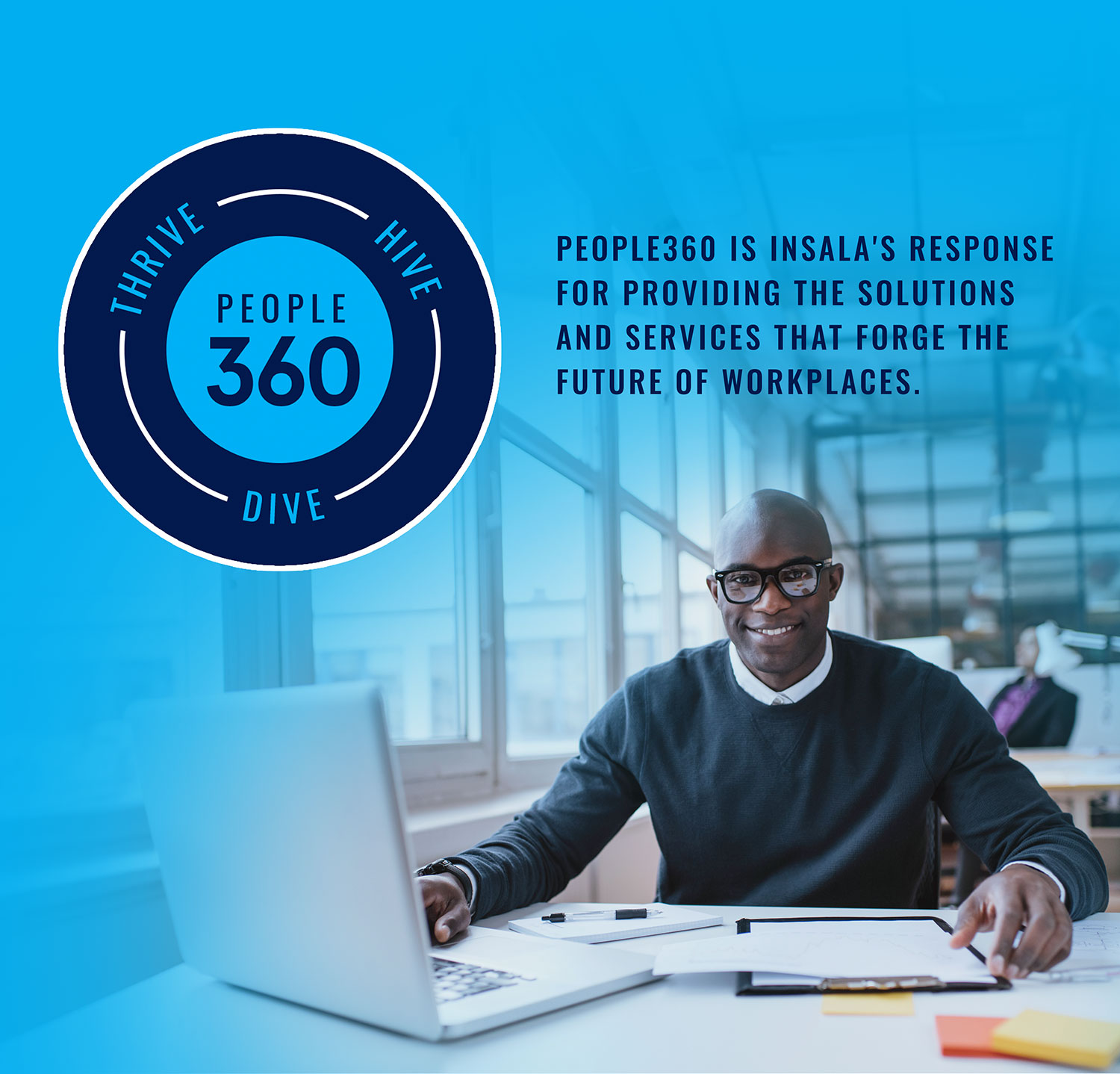How To Find The Right Mentor For You
How To Find The Right Mentor For You Having the guidance and ...
Read more
Attracting and retaining Millennial talent is not a new discussion. It's been a focus for many organizations because within a few years millennials will make up a majority of the workforce.
What we have not been anticipating is The Great Resignation. Millennial and Gen Z employees are the most likely to partake. Surveys indicate that once the pandemic subsides, 34% of millennials plan to look for a new job, compared to 24% of Gen X and 10% of baby boomers.
One of the top benefits millennials are asking for is the opportunity for career development. For many individuals this is non-negotiable when looking to join an organization. The Millennial Survey by Deloitte shows that 71% of millennials will leave a company within 2 years if they believe their skills are not being developed.
One of the best ways to give millennials career development is through a mentoring program. But not just any mentoring program is going to work.
Millennials like customization, and they are generally more interested in things that directly apply to them. This applies to mentoring as well, so millennials are looking for a mentoring program that works for them.
To learn more about how mentoring millennials, watch our webinar series:
Part 1: Making the Change for Your Organization
Part 2: Boosting the Bottom Line
Part 3: Developing Your Mentoring Program
If you're looking to start a mentoring program for your organization, request a demo with one of our experts to get support every step of the way.
Judy is the Director of Consulting and Mentoring at Insala. She has over 30 years of experience providing customized human resources consulting services to medium to large organizations across a variety of industries. In the area of mentoring, Judy has designed and delivered workshops, training, and a complete mentoring methodology. Judy’s mentoring process is the foundation of Insala’s mentoring solution we know today. Her thought leadership articles have been published in journals such as The Diversity Journal and Industrial and Commercial Training and she has spoken at many conferences throughout her career.

How To Find The Right Mentor For You Having the guidance and ...
Read more
How To Establish A Successful Corporate Mentoring Program
Read more
How Mentoring Is Helping Solve The Labor Shortage The labor shortage has become a pressing issue for businesses across industries, with ...
Read more
Now Is The Time To Start Your Mentoring Program In today's ...
Read more
7 Tips To Improve Your Corporate Mentoring Program Corporate ...
Read more

People360 is a pioneer and industry leader recognized by Global 1000 and Fortune 500 companies and associations internationally, for 28+ years as a leader in Career Management, Mentoring, Coaching, Career Transition, Alumni Software solutions and People Analytics.
© 2025 People360. All rights reserved. Privacy Policy